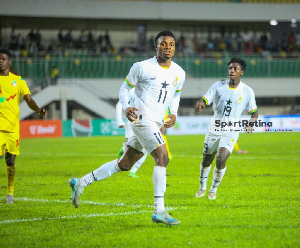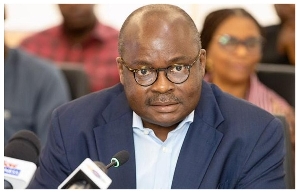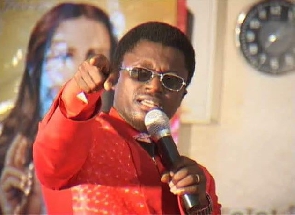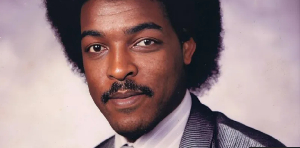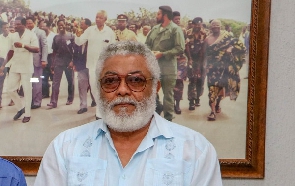 Moves by Ghanaian President John Kufuor to probe alleged killings and other rights abuses during the regime of his predecessor Jerry Rawlings have led to opposition charges of a witchhunt.
Moves by Ghanaian President John Kufuor to probe alleged killings and other rights abuses during the regime of his predecessor Jerry Rawlings have led to opposition charges of a witchhunt.
Kufuor, who took power in January ending 19 years of rule by Rawlings, has mooted a South Africa-style National Reconciliation Commission (NRC) to investigate extra-judicial killings, detention and confiscation of property.
The avowed objective, outlined in Kufuor's maiden speech to parliament, is to try and heal political and social wounds.
The Ghanaian parliament is yet to vote on the establishment of the proposed commission.
According to human rights groups, Rawlings' 19-year rule witnessed at least 200 extra-judicial killings and saw hundreds of people detained indefinitely without trial.
There are two proposed periods of investigation -- from June 4, 1979 -- when Rawlings first seized power -- to 23 September 1979, when he handed charge to an elected civilian government; and from December 31, 1981, when he staged a second coup until February 6, 1993, when he ended military rule.
(Rawlings legitimized his rule through democratic elections in 1992, and had to step aside in January after serving out the maximum two four-year terms allowed by the constitution he brought in under domestic and international pressure.)
The proposed NRC will have seven members appointed by Kufuor in consultation with the Council of State -- an advisory body.
It is expected to finish investigations within 12 months and will be given another three months to submit its final report.
Alhaji Muhammed Mumuni, a senior member of Rawlings' party, said the probe was aimed at striking back at Rawlings and his men.
"The timeframe should spread out to all the previous regimes. Why concentrate only on these two periods?
"During the first republic of president Kwame Nkrumah (who led Ghana to independence from British colonial rule), bombs were thrown by people who supported the political tradition of the current government.
"Don't you call that human right abuses? There were also human right abuses during the reign of the National Liberation Council government between 1966 and 1969," he said.
Ghana's Attorney-General and Minister of Justice, Nana Akuffo-Addo, on Monday denied the allegation.
"The whole process... will ensure that wrongdoers are prosecuted in a most transparent manner," he said.
"We are not engaged in a witch-hunt. It only shows our commitment to probity and accountability that all must adhere to."
John Mahama, another Rawlings loyalist sounded a warning.
"It is quite clear that the Kufuor administration intends to put the Rawlings government under trial through the commission," he said.
"We must be careful that we do not stir the hornet's nest."
Kufuor's government has already initiated corruption proceedings against some ministers from the previous government.
It has also banned a quasi-political organisation set up by Rawlings and struck off a list of public holidays Rawlings "revolution" of June 4, 1979, when he ousted a military regime in a bloody overthrow,
The 1979 rise to power witnessed the deaths of many people, including the execution of eight senior military officers, two of them former heads of state.
Human rights activist Kweku Baako said the period under investigation should be pushed back to 1957, when Ghana gained independence.
"I think there should be a window of opportunity for those victims of human right abuses of other regimes to come forward," he said.
General News of Wednesday, 4 July 2001
Source: AFP






